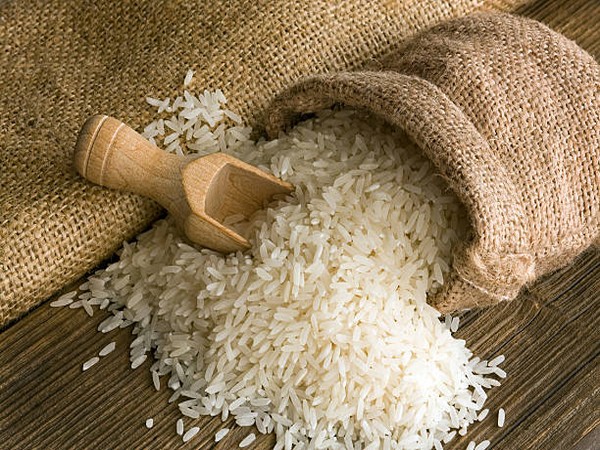The Union Government of India recently made significant changes to its export policies for agricultural products. The minimum export price (MEP) threshold for basmati rice exports has been removed, opening up new opportunities for farmers. This decision aims to boost farmers’ incomes by allowing the export of basmati rice, a premier GI-tagged variety from India. The government’s decision was influenced by adequate domestic rice availability and ongoing trade concerns. The Agricultural and Processed Food Products Export Development Authority (APEDA) will closely monitor export contracts to prevent unrealistic pricing of basmati rice and ensure transparency in export practices. In August 2023, a floor price of USD 1,200 per metric tonne (MT) was set for basmati rice exports as a temporary measure, but this was later reduced to USD 950 per MT following representations from trade bodies and stakeholders. This move will support the farmers and help in stabilizing the market.
In addition to the changes in basmati rice export policies, Minister of Agriculture and Farmers Welfare, Shivraj Singh Chouhan, announced an increase in the basic duty on refined oil to 32.5 per cent. This decision is expected to boost demand for mustard, sunflower, and groundnut crops, ultimately benefiting farmers. The move is part of the government’s commitment to the development of farmers and aims at increasing farmers’ incomes while creating more employment opportunities, especially in small and rural areas. The government has also raised the import duty on edible oils from 0 per cent to 20 per cent, with the total effective duty reaching 27.5 per cent with the inclusion of other components. This will enhance the production of soybean meal and benefit other sectors related to soy as well, providing a positive impact on the overall agricultural industry.
Furthermore, the government also made changes to the MEP on onions, removing the restrictions to allow for exports. This decision came after expectations of a robust kharif crop and a favorable monsoon, along with stable market conditions at both the mandi and retail levels. Onions are a crucial component of Indian agriculture, and with the removal of MEP restrictions, farmers are now able to benefit from exporting onions. Previously, exports were allowed with an MEP of USD 550 per tonne and an export duty of 40 per cent, but these restrictions have now been removed entirely, providing more opportunities for farmers in the onion market. Overall, the government’s decision to remove MEP restrictions on basmati rice and onions, as well as the changes in refined oil duties, reflect its commitment to supporting farmers and ensuring a stable agricultural market for all stakeholders.
In conclusion, the recent decisions made by the Union Government of India regarding export policies for basmati rice, onions, and refined oil have significantly impacted farmers in the country. The removal of MEP restrictions for basmati rice exports opens up new avenues for farmers to increase their incomes and benefit from the export of premium quality rice. Additionally, the increase in basic duty on refined oil will boost demand for specific crops, creating more opportunities for farmers and improving the overall agricultural economy. The changes in MEP for onions also offer farmers the chance to expand their market reach and take advantage of favorable crop conditions. These measures demonstrate the government’s commitment to prioritizing the needs of farmers and ensuring a sustainable and prosperous agricultural sector in India.











